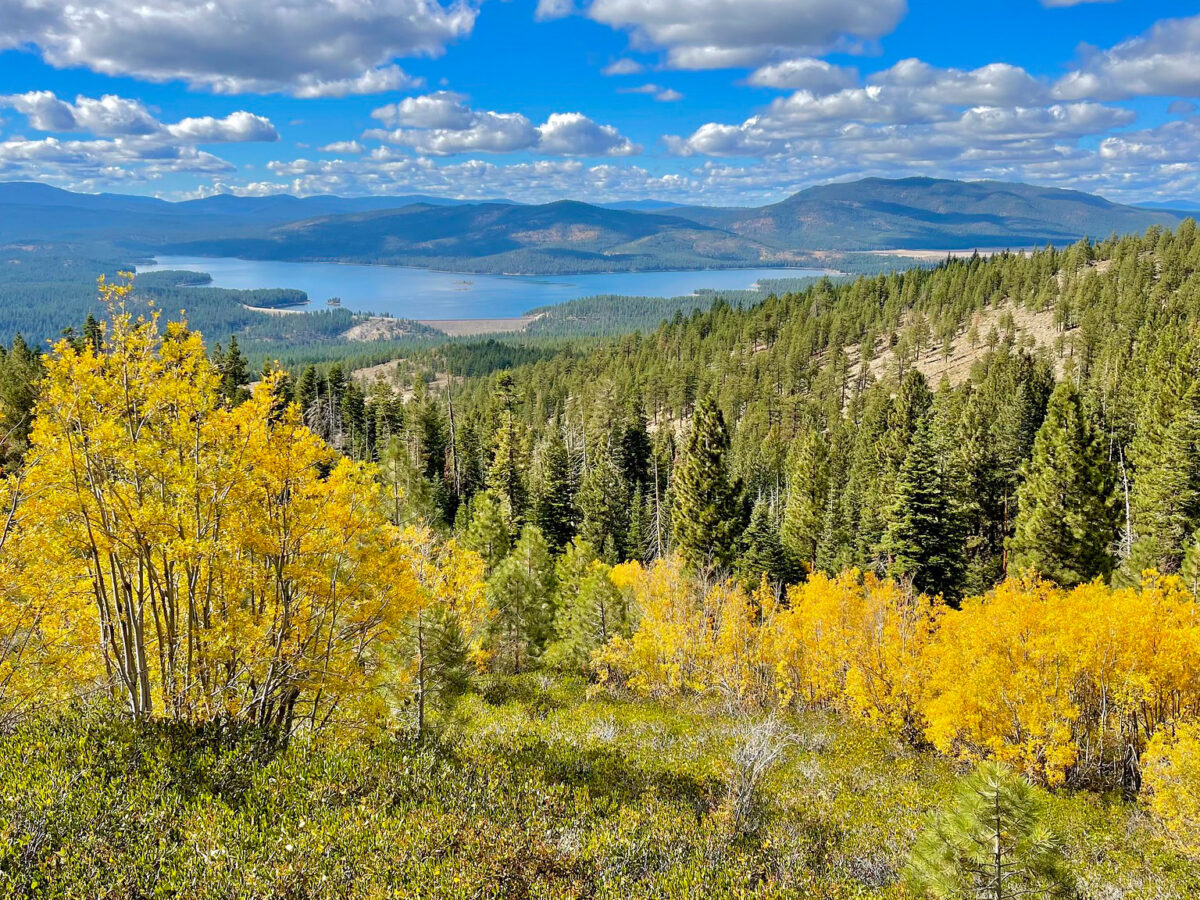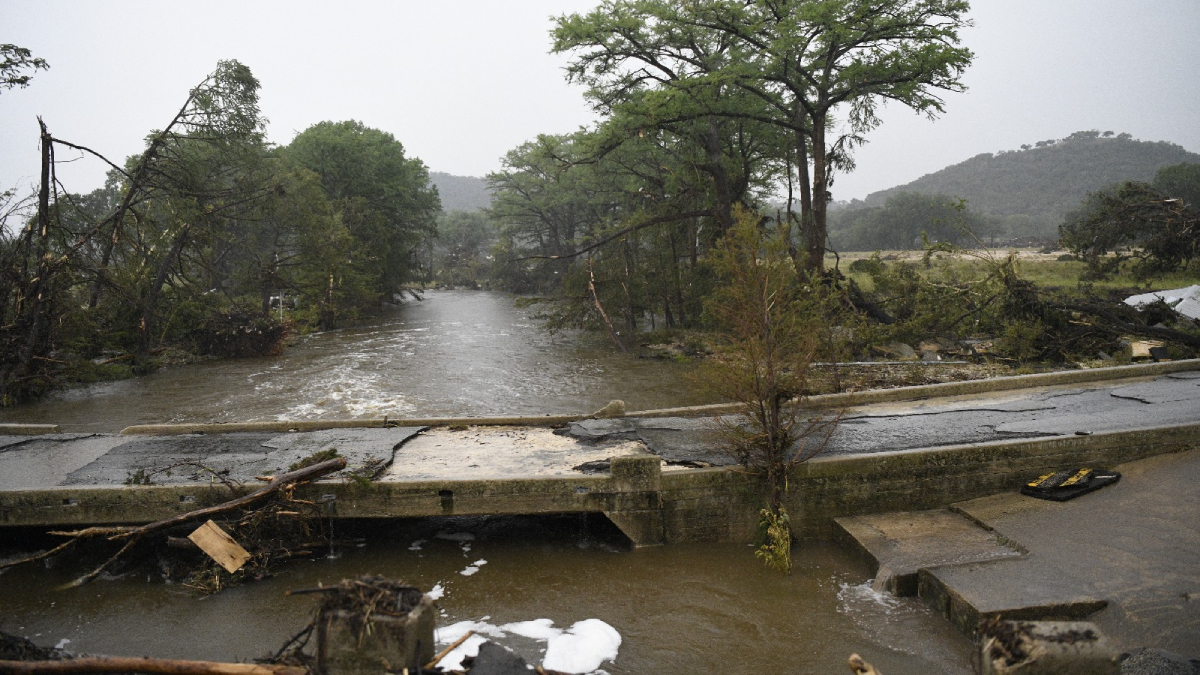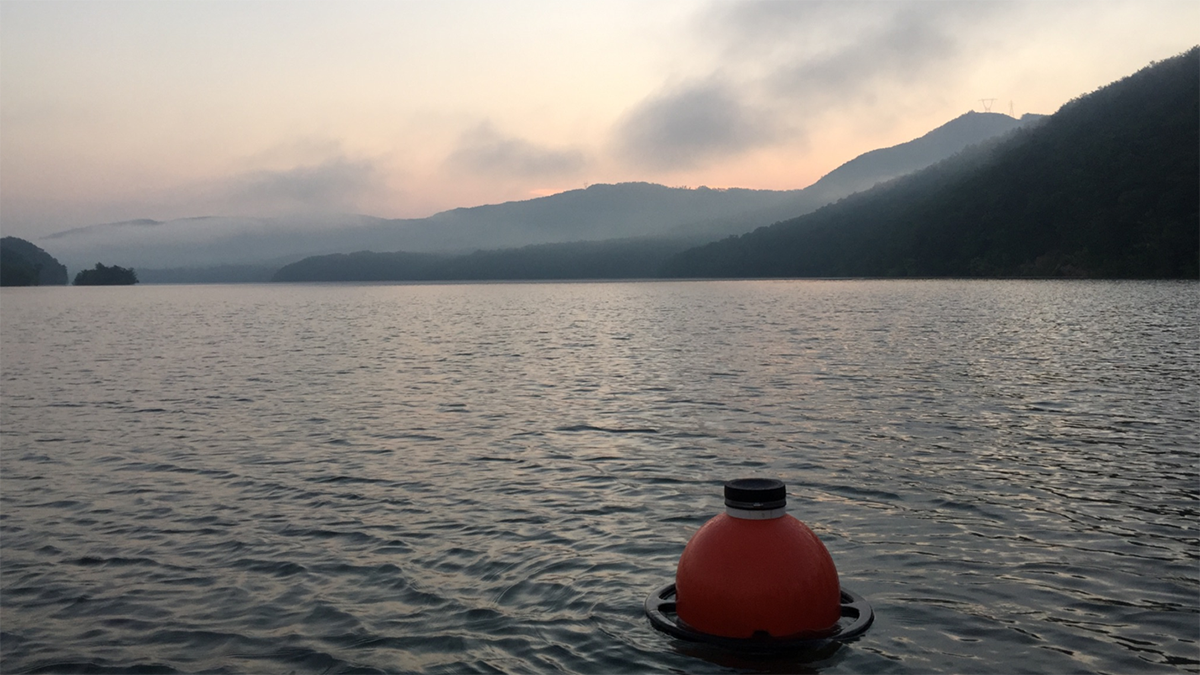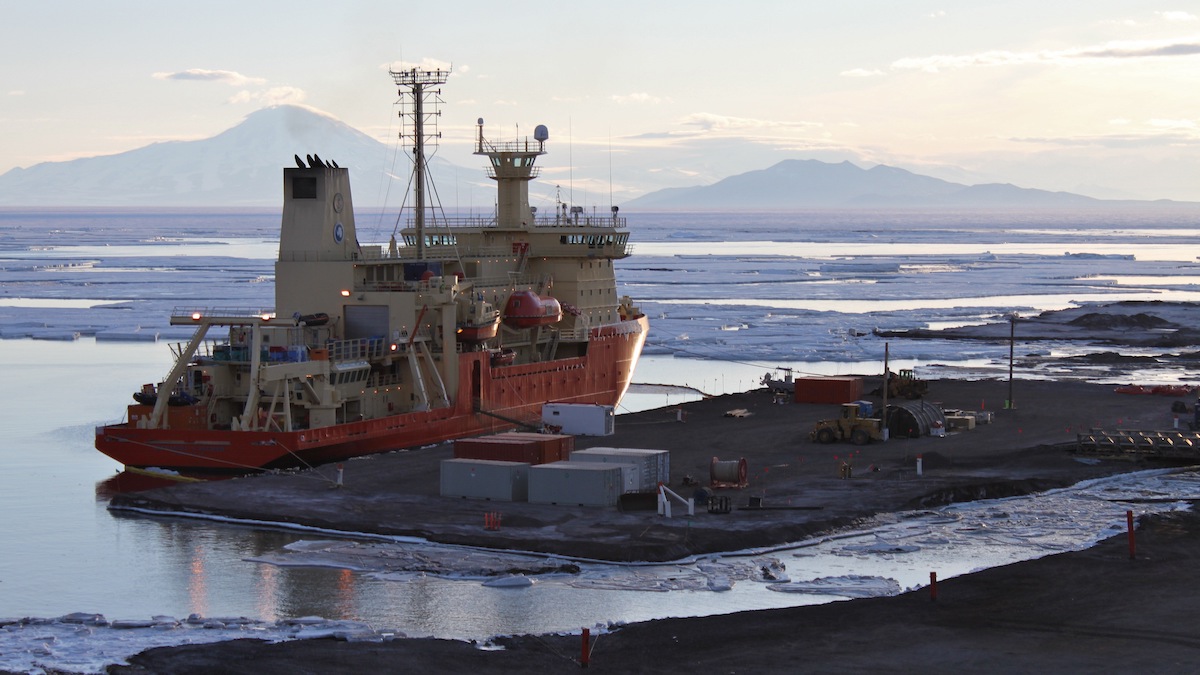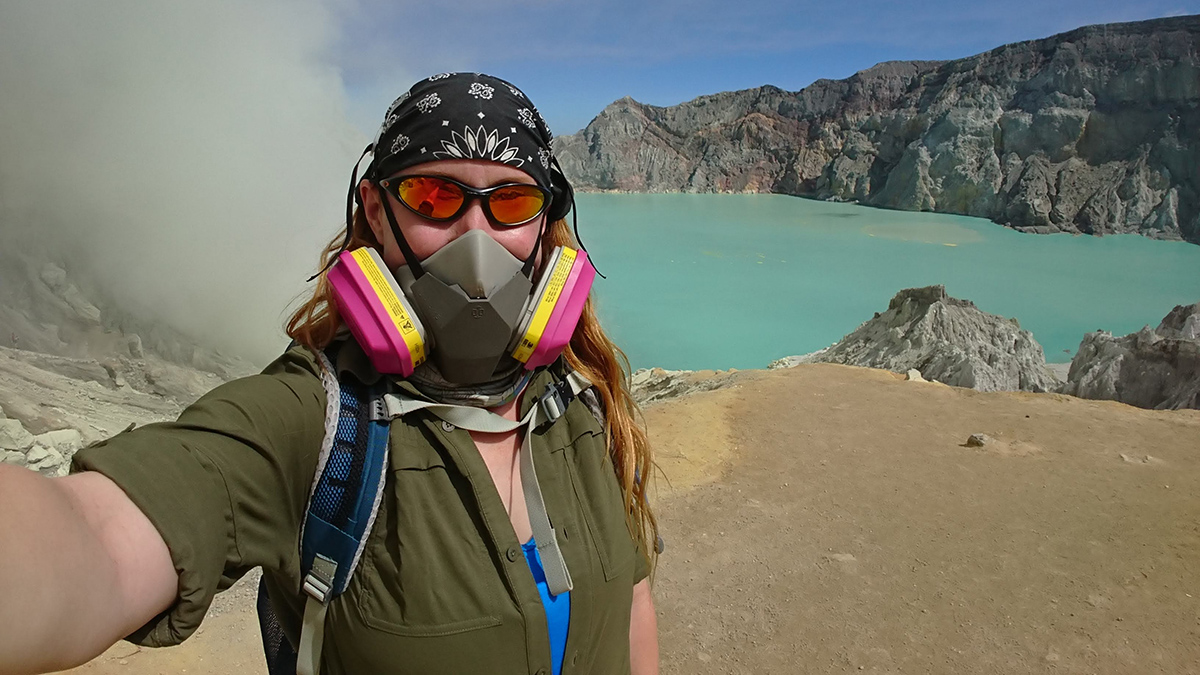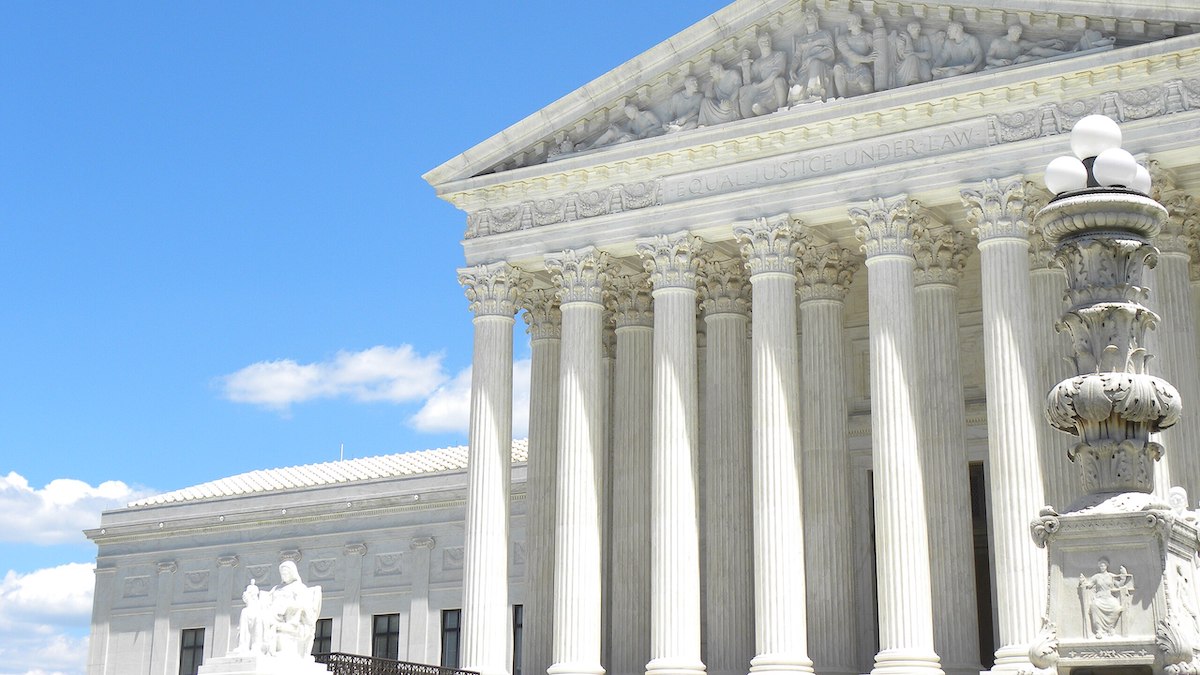The U.S. Department of Agriculture (USDA) is proposing rescinding the 2001 Roadless Area Conservation Rule, which protects about 45 million acres (182,000 square kilometers) of National Forest System lands from road construction, reconstruction, and timber harvests.
science policy
FEMA Puts Dissenting Staff on Indefinite Leave
More than a dozen FEMA staff, all signatories of that Katrina Declaration, were placed on indefinite administrative leave.
Advances in Ecological Forecasting
AGU and ESA invite contributions to a cross-society special collection on ecological forecasting across ecosystems and scales.
Scientists Ask NSF to Keep Only Antarctic Icebreaker Afloat
On 28 July, more than 170 researchers sent a letter to National Science Foundation leaders and Congress, urging them to reconsider the decision to terminate the lease of the Nathaniel B. Palmer, the United States’ only Antarctic research vessel-icebreaker (RVIB) and a key part of science operations around the White Continent.
Kate Mulvaney: Bringing Human Dimensions to Water Resources
From small coastal towns to international ocean treaties, this EPA scientist has helped integrate social science into how people study and protect natural water resources.
Jess Phoenix: Curiosity Unfettered
After leaving her Ph.D. program, this geologist leaned into saying yes when exciting new opportunities arose.
A Healthy Environment Is a Human Right, UN Court Rules
“The Court is of the view that a clean, healthy and sustainable environment is a precondition for the enjoyment of many human rights, such as the right to life, the right to health and the right to an adequate standard of living, including access to water, food and housing.”
NSF Scientists Denounce Trump Administration Policies
National Science Foundation employees are among the latest federal scientists to issue a statement expressing concern over the Trump administration’s actions. The statement refers to “a series of politically motivated and legally questionable actions by the Administration that threaten the integrity of the NSF.”
NASA Employees Speak Against Cuts in Open Letter
Nearly 300 current and former NASA employees have signed an open letter expressing concern that budget cuts to the agency will jeopardize safety, basic research, national security, and the nation’s economic health.
Supreme Court Lets Trump Proceed With Mass Firings
The Trump administration can act on its planned restructuring of the federal government, the United States Supreme Court announced in an 8 July decision.

